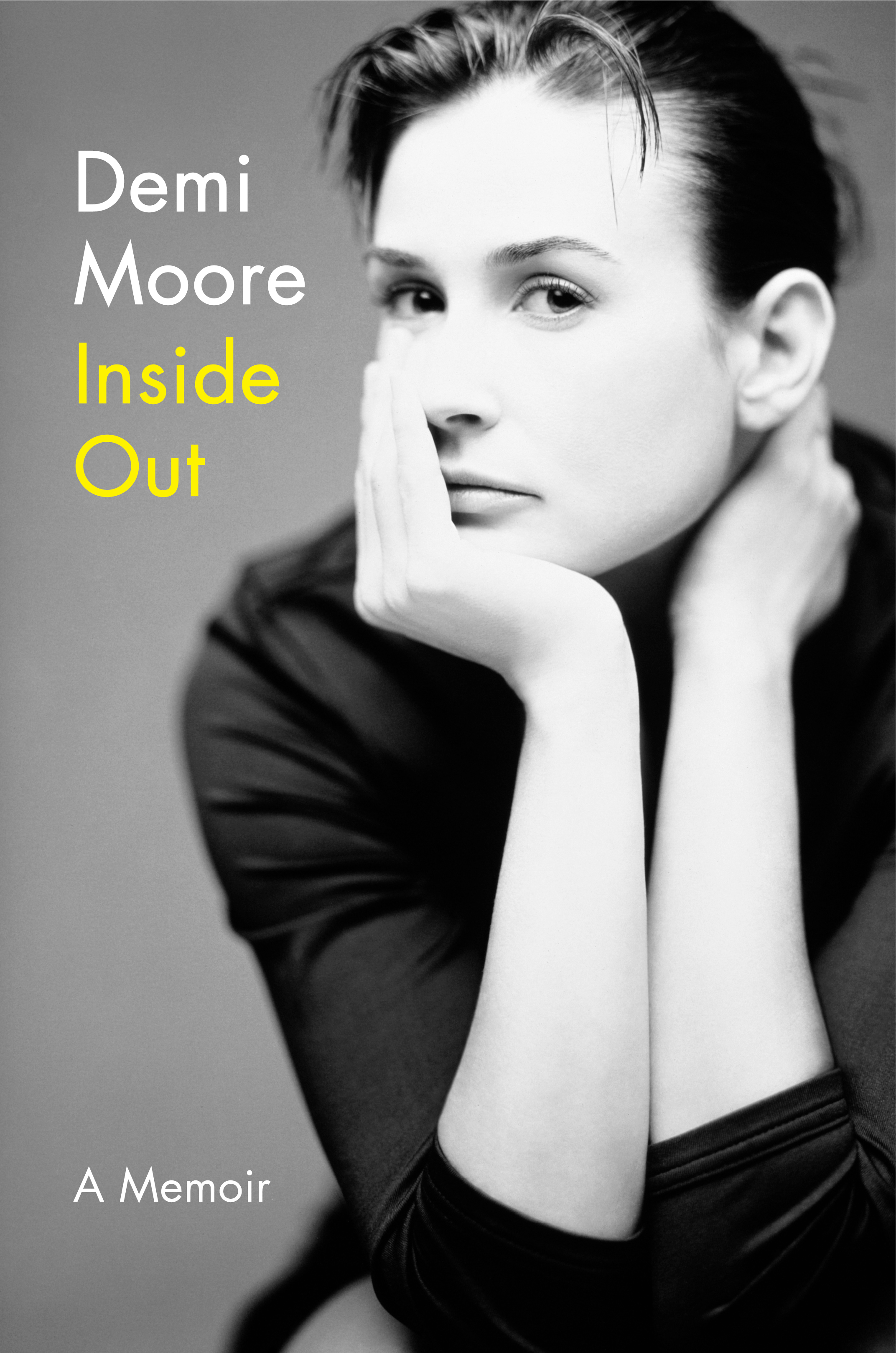It may sound strange, but I remember the time I spent in the hospital in Merced, California, when I was five years old as almost magical. Sitting up in bed in my soft pink fleecy nightgown waiting for my daily round of visitors—doctors, nurses, my parents—I felt completely comfortable. I’d already been there for two weeks and was determined to be the best patient they’d ever seen. There in the clean, bright room, everything felt like it was under control: there were dependable routines at the hospital enforced by real grown-ups. (In those days, there was a sense of awe around the doctors and nurses: everyone revered them, and to be in their midst felt like a privilege.) Everything made sense: I liked that there was a way I could behave that would yield predictable responses.
I had been diagnosed with kidney nephrosis, a life- threatening condition about which very little was known—it had really been studied only in boys, to the extent that it was studied at all. Basically, it’s a retentive disease in which your filtering system isn’t doing its job. I remember being terrified when my genitals swelled up and I showed my mom and saw her reaction: pure panic. She got me in the car and rushed me to the hospital, where I ended up staying for three months.
My aunt taught fourth grade, and she’d had her entire class make get-well cards, on construction paper with crayons and markers, which my parents delivered that afternoon. I was excited by the attention—from older kids, kids I didn’t know. But when I looked up from the brightly colored cards, I saw my parents’ faces. For the first time, I could feel their fear that I might not make it.
I reached over and touched my mother’s hand and said, “Everything will be okay, Mommy.”
She was just a kid, too. She was only twenty-three years old. My mother, Virginia King, was a teenager who weighed a hundred pounds when she got pregnant with me just out of high school in Roswell, New Mexico. Really, she was a little girl. She labored in pain for nine hours, only to be knocked unconscious at the last minute, right before I came into this world. Not the ideal first attachment experience for either of us.
There was a part of her that did not really ground in reality, which meant that she was able to think outside the box. She came from poverty, but she didn’t have a poverty mind-set — she didn’t think poor. She wanted us to have the best: she would never have allowed a generic brand anything in our house — not cereal, not peanut butter, not laundry detergent. She was generous, expansive, welcoming. There was always room for one more person at the table. And she was confident in an easy- going kind of way — not a stickler for rules.
Growing up, I was aware that Ginny was different — she didn’t seem like other moms. I can picture her in the car driving us to school, smoking a cigarette with one hand and putting her makeup on — perfectly — with the other, without even looking in the mirror. She had a great figure; she was athletic and had worked as a lifeguard at Bottomless Lakes State Park near Roswell. She was also strikingly attractive, with bright blue eyes, pale skin, and dark hair. She was meticulous about her appearance no matter what the circumstances: on our yearly trip to my grandmother’s, she would make my dad stop three quarters of the way there so she could put in her curlers and have her hair just right by the time we got into town. (My mom went to beauty school, though she never turned it into a career.) She wasn’t a fashion queen, but she knew how to put a look together with natural flair. She was always reaching for whatever was glamorous — she got my name from a beauty product.

Excerpted from INSIDE OUT by Demi Moore. Published by Harper Collins
Follow us here and subscribe here for all the latest news on how you can keep Thriving.
Stay up to date or catch-up on all our podcasts with Arianna Huffington here.


